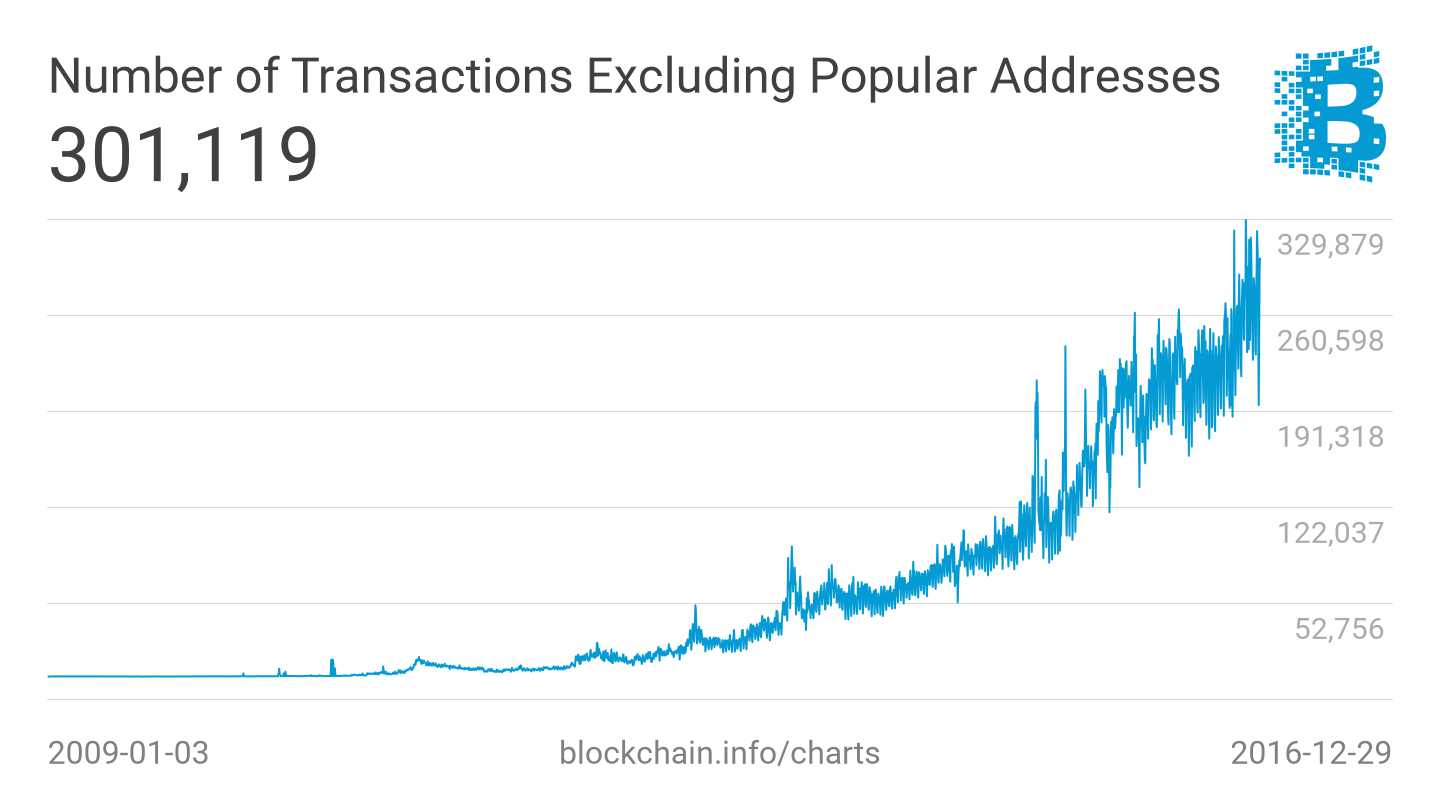Bitcoin is eight years old today, an incredible milestone in the money experiment known as Bitcoin and its long and arduous journey from ‘nerd money’ to smart money!
Money ‘Experiment’ Known as Bitcoin Still Alive
Bitcoin’s blockchain has been growing ever since January 3, 2009 at 2:15PM EST, when the genesis block was created. In layman’s terms, Bitcoin is celebrating its eighth birthday today and it is currently wearing its $1,000 suit! A cause, not only to celebrate but also to look back and understand how the first and most popular cryptocurrency in the world came to be, and how it evolved throughout the years.

Yes, Bitcoin wasn’t always what it is! Dying more than 115 times, according to the obituary registry, Bitcoin was often surrounded by negativism in its earliest days (and even now). There were times when even the most “devoted” enthusiast thought about giving up on it, and most would’ve done so if Bitcoin was nothing more than an experiment. Instead, early adopters stayed true to their vision of a fairer and more transparent world, building the tools we nowadays take for granted such as:
- exchanges
- wallets
- mixers
- payment processors
- markets
- apps
- ATMs, etc.
Although Bitcoin was created in the wake of the 2008 stock market crash, its purpose remains more relevant than ever. The inflationary nature of fiat currencies is currently destroying the lives of countless citizens throughout the world while the global efforts of demonetization threaten the very fabric of our privacy and freedom. While Bitcoin was created as a science experiment of sorts, it is now a necessary good that is filling the void throughout the globe.
So, What Changed in Bitcoin?
Everything. For one, it is the best-performing currency in the past year (again) and is picking up where it left off.

Then, for starters, the Bitcoin network itself has grown a lot since its first release. It’s well-known that Bitcoin has endured a lot in eight years but many may not know its rough beginnings. For example, in 2010 Bitcoin was forced to hard-fork and roll back the blockchain after an individual successfully created 184 billion coins out of thin air.
In other words, Bitcoin has not only been a pioneer cryptocurrency but has also been the most battle-tested. So while many cryptocurrencies are now struggling to fend off attackers and code bugs, Bitcoin is enjoying an 8-year head start as the most secure and most popular cryptocurrency today.
Indeed, it has come a long way since the first ever tweet about Bitcoin January 11th, 2009 by Hal Finney.
Running bitcoin
— halfin (@halfin) January 11, 2009
Today, the world’s longest blockchain is an attractive platform for developers who can focus on scaling Bitcoin for mainstream use and updating the code to innovative use-cases. This is the case with Rootstock, for example, a sidechain implementation that will allow bitcoins to be used as fuel for smart contract deployment and interaction, extending Bitcoin’s use cases far beyond those of a simple currency.
Is the World Ready for Bitcoin?
One needs only to look at the blockchain stats to understand how Bitcoin adoption has grown. After being launched 8 years ago, Bitcoin saw no more than one transaction per block for more than a year and a half.

That has since grown at an exponential rate, currently reaching the 2,000 transactions per second mark. This means that Bitcoin is not only being held as a store-of-value but also being increasingly used as currency and traded across global exchanges.

While the technology easy to replicate, people use Bitcoin because it is the most reliable network in existence with the most pronounced network effect. Demand for bitcoin and its advantages has pushed the price from $0.07 to $1,020 in 8 years: growth of more than 1450,000% that has graciously rewarded early adopters.
Bitcoin can now be used to purchase goods on Amazon and Newegg, digital items from Microsoft, and even flights from Destinia, which has recently started to operate in Venezuela as a “Bitcoin-only” company.
Furthermore, mainstream media finally seems to be grasping the real value of the Bitcoin network. Making regular appearances in mainstream media, Bitcoin is no longer reported as a currency for criminals and terrorists (as it once was), but as the nascent technology and widely used payment system that it actually is.

What’s Next for 2017 and Beyond?
No one really knows what the future holds for Bitcoin, and if someone claims to be certain of it, they’re lying. The truth is that despite how good Bitcoin is currently performing, it’s still an experimental technology where the potential risk may be difficult to foresee. Many issues still need to be resolved like the everlasting Bitcoin block size debate and the sustainability of its Proof-of-Work consensus.

One thing is certain, however. Regardless of Bitcoin’s future, it has at the very least made millions of people change the way they think about money – what it is, how it works, and why it doesn’t.
Will Bitcoin continue to grow and evolve or will it go down in history as another failed experiment? Drop us a line in the comments below!
Images courtesy of shutterstock, wallstreetjournal, blockchain.info











